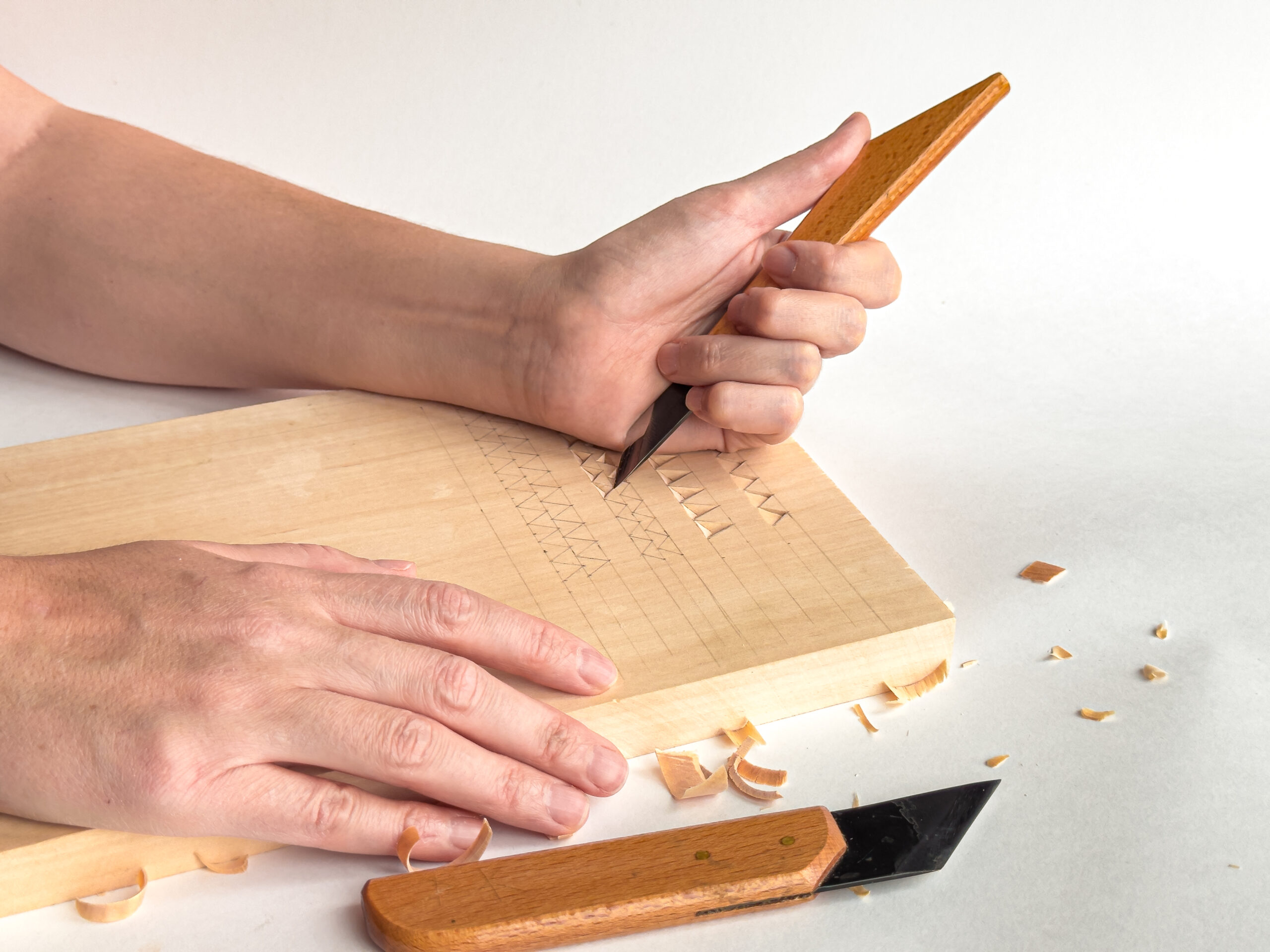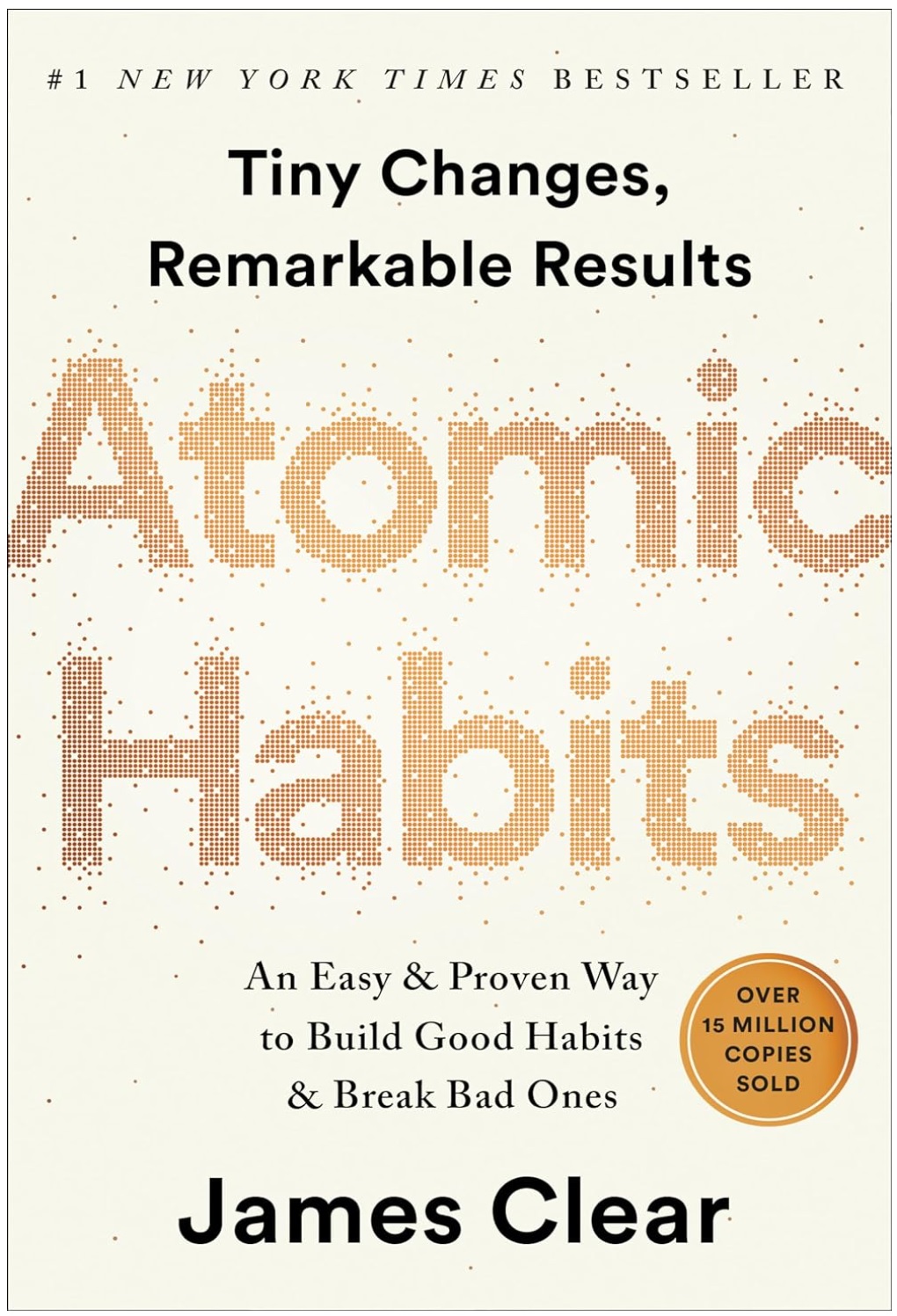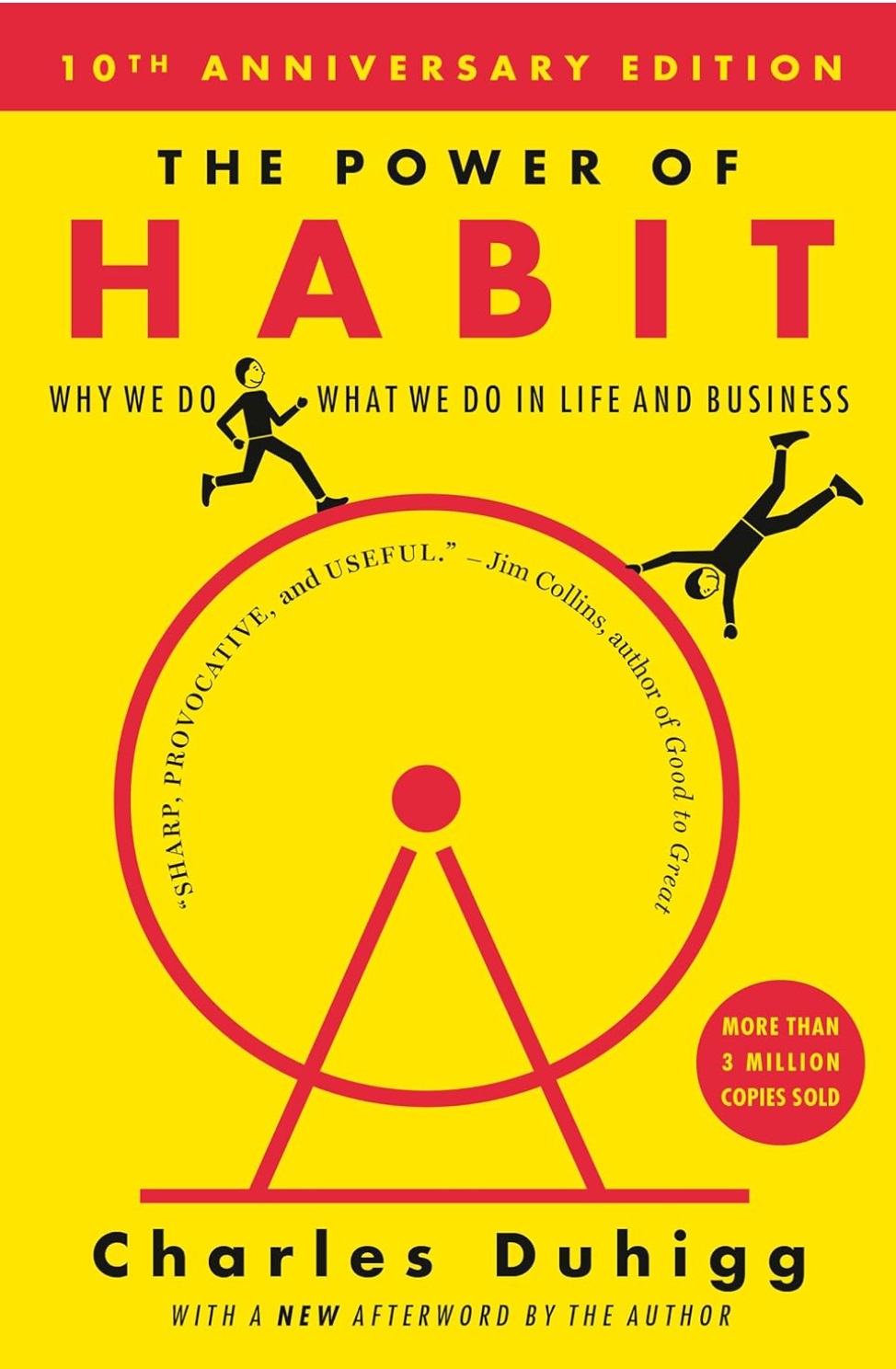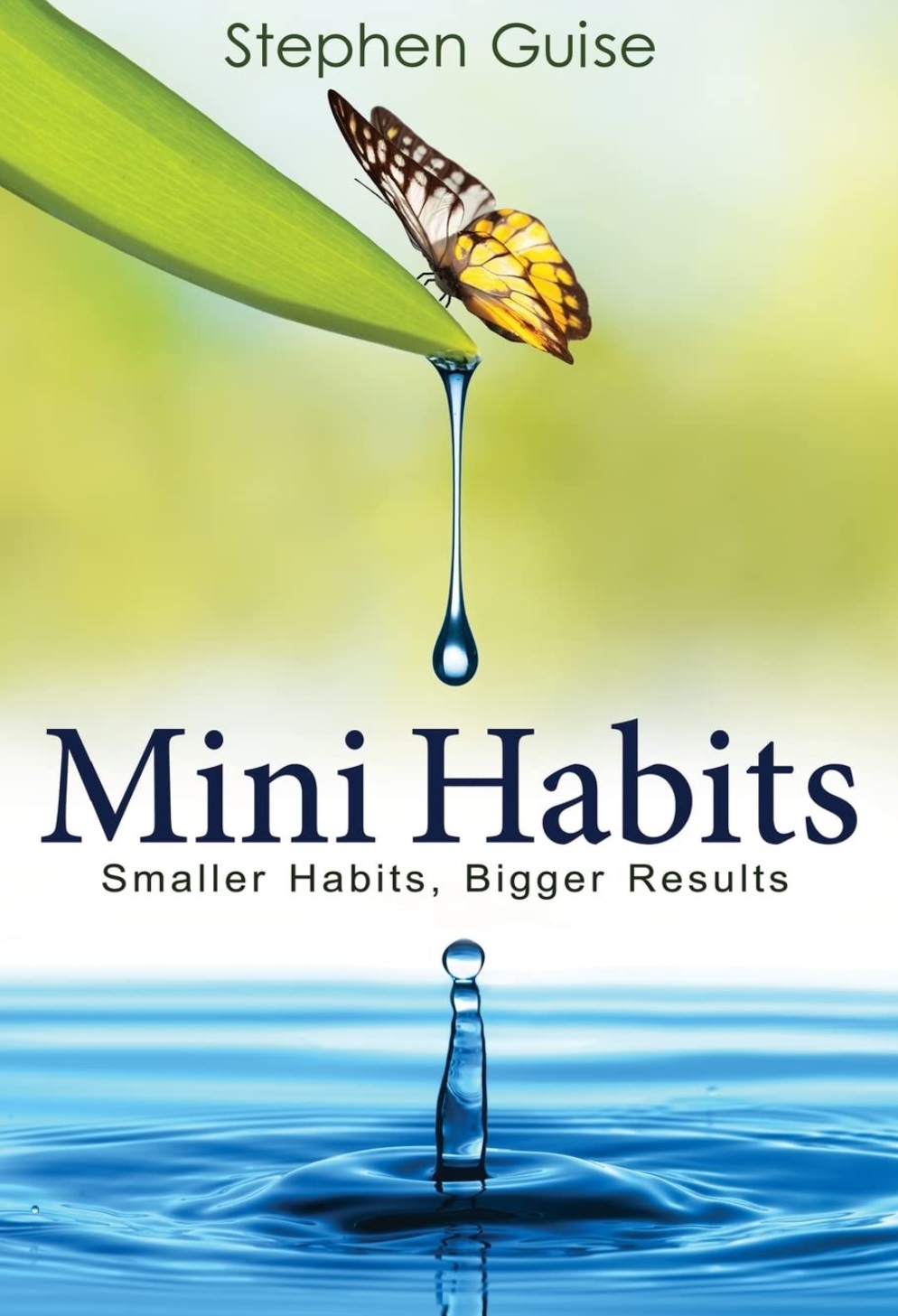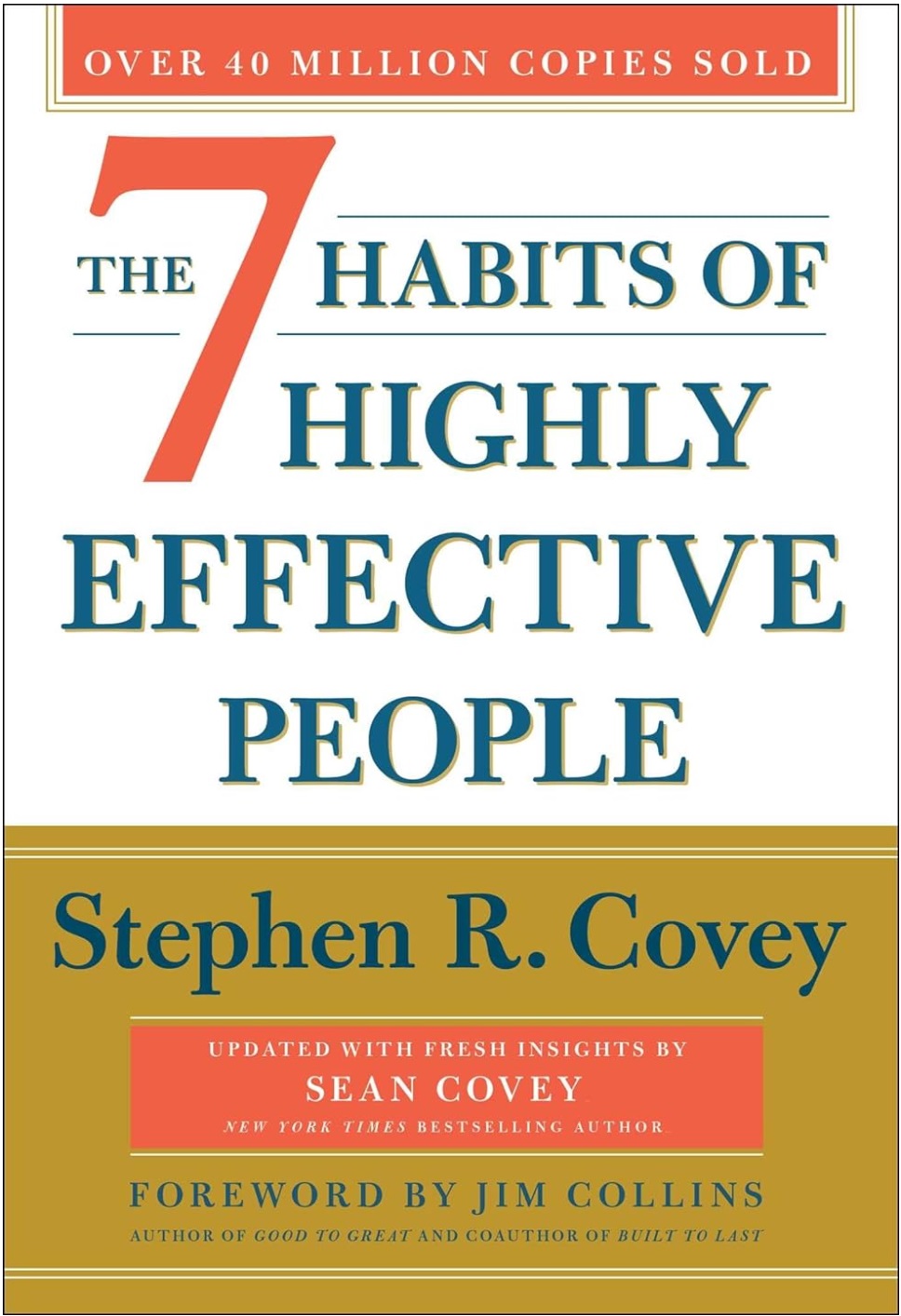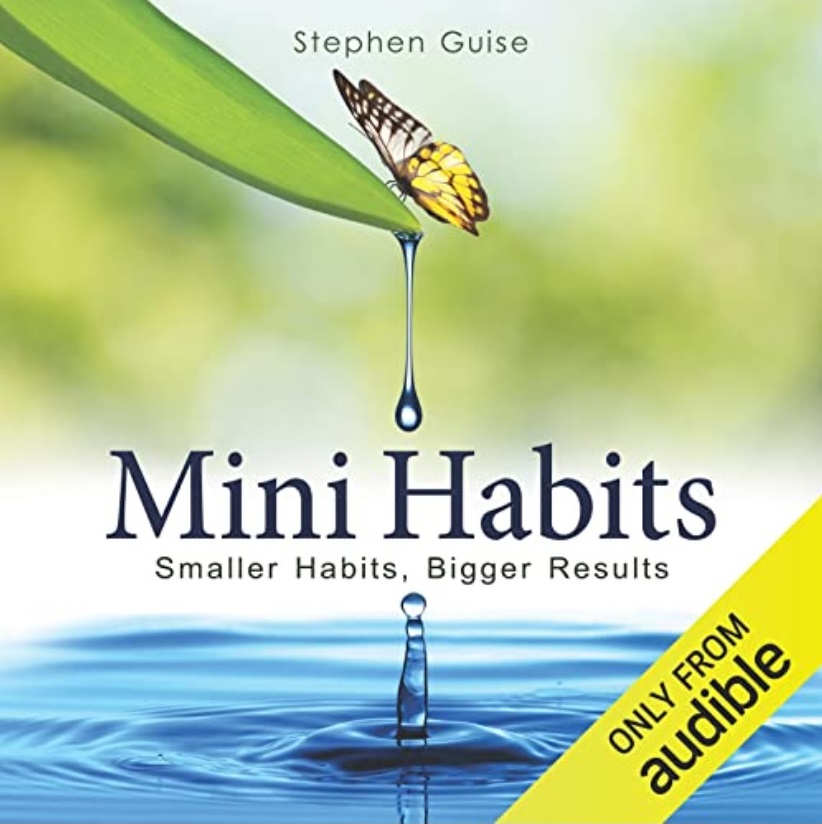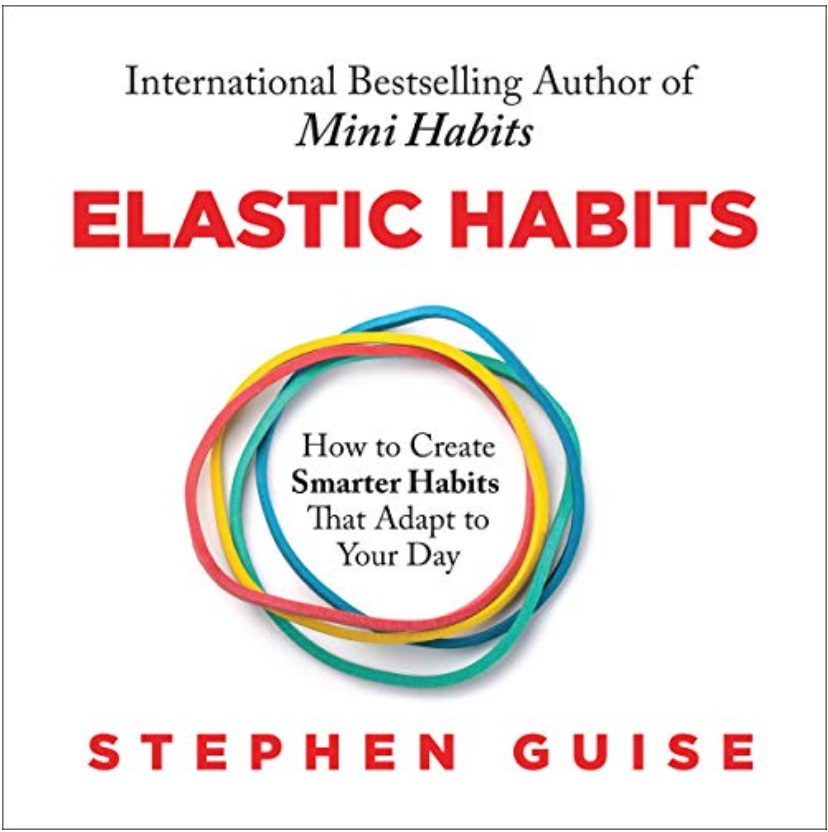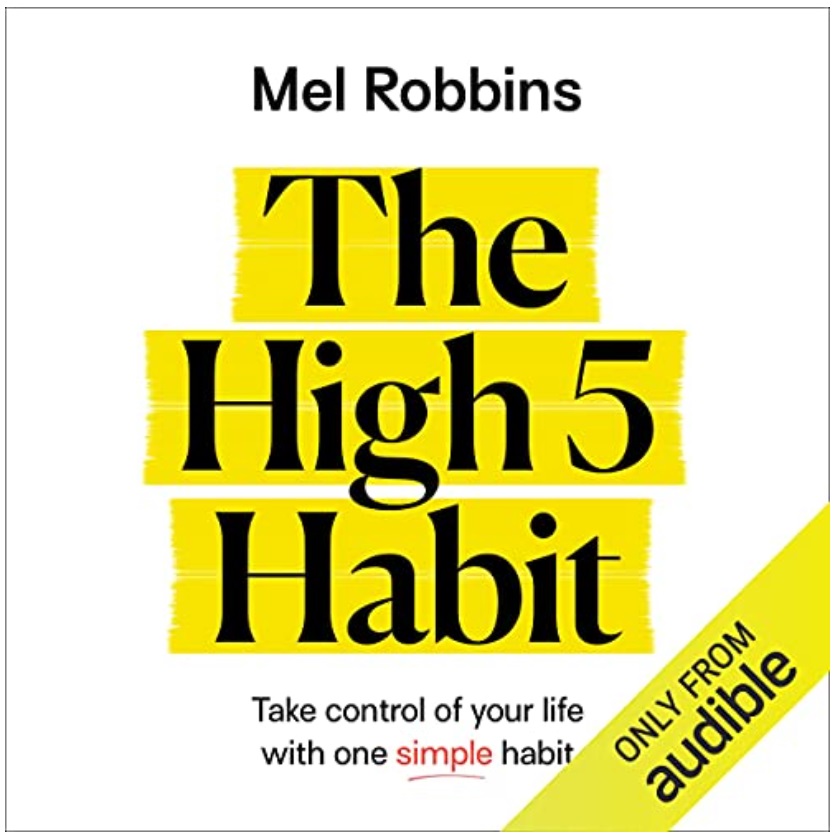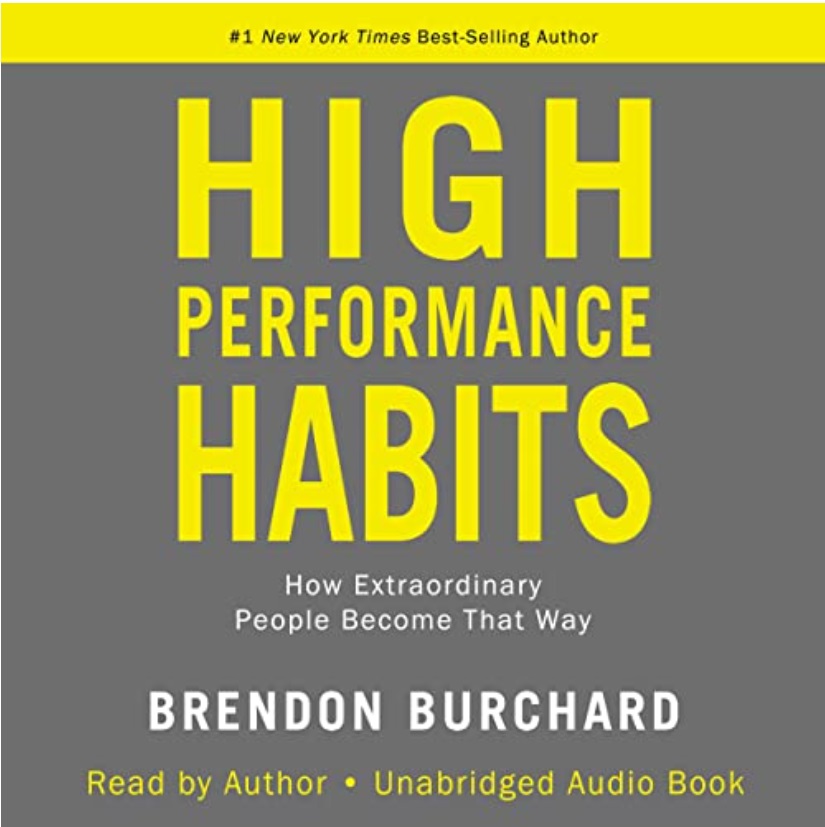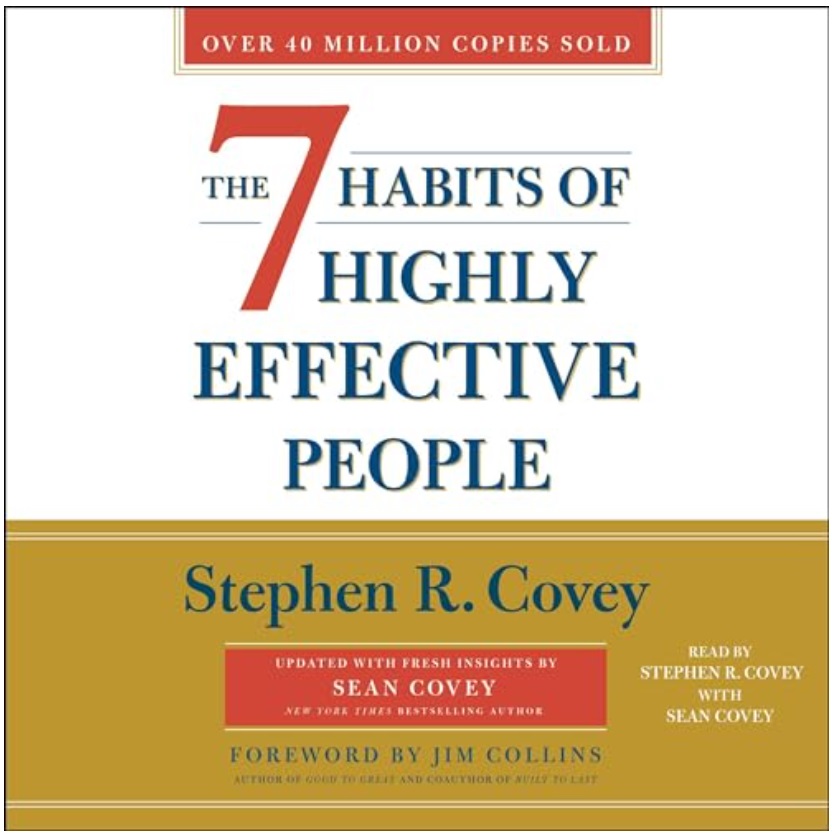- KEY POINTS
- Cultivate creativity daily with simple habits like brainstorming, mindfulness, and curiosity to spark new ideas and overcome creative blocks.
- Boost productivity and innovation by practicing mindful observation, experimenting without fear of failure, and creating inspiring environments.
- Limit screen time and incorporate creative warm-ups each morning to consistently generate fresh ideas and sustain creative energy.
I’ve always found that how I start my morning sets the tone for the entire day. If I begin with clarity, focus, and positive energy, I tend to stay productive and calm. On the flip side, if I roll out of bed and immediately scroll through my phone, the rest of my day feels rushed and scattered. I wanted to change that, and the best way I discovered was to build a morning routine through small, consistent habits.
The beauty of small habits is that they’re easy to integrate and don’t feel overwhelming. You don’t need to overhaul your entire life overnight. In fact, the most powerful routines are often made up of tiny actions done repeatedly.
Table of Contents
ToggleThe Power of Small Habits in the Morning
Why Small Habits Work
I used to think that in order to create an effective morning routine, I needed to add several things at once—exercise, meditation, journaling, and meal prepping. I quickly realized that piling too much on my plate left me feeling drained rather than energized. Small habits, however, feel manageable. A five-minute stretch or jotting down three things I’m grateful for takes almost no effort, but over time, it builds momentum.
The Science Behind Small Changes
James Clear, author of Atomic Habits, emphasizes the concept of habit stacking—linking a new habit to something you already do. For example, I started adding two deep breaths while waiting for my coffee to brew. It seemed insignificant at first, but it introduced mindfulness into my morning without feeling like an extra task.
How to Start Small
I recommend choosing one or two simple habits to begin with. Ask yourself:
- What’s one thing I can do every morning that takes less than five minutes?
- How can I incorporate this into something I already do, like brushing my teeth or drinking water?
Building Your Ideal Morning Routine
Create Space for Quiet Moments
My mornings improved dramatically when I gave myself five minutes of silence before diving into my to-do list. Sometimes that meant sitting quietly with tea, other times it was simply watching the sunrise from my kitchen window. Small moments of calm remind me to pause and breathe, setting a peaceful tone for the day.
Incorporating Movement
I realized I didn’t need to do an hour-long workout to feel good. I started with ten jumping jacks, a few stretches, or a short walk around the block. This small burst of movement woke up my body and helped me feel accomplished before the day even began.
Morning Gratitude Practice
Writing down three things I’m grateful for every morning shifted my mindset. Even on stressful days, it grounded me in positivity. This practice helped me reframe negative thoughts and increased my resilience over time.
Strengthening Your Morning Routine with Consistency
The Importance of Repetition
One of the biggest lessons I learned was that consistency is more important than perfection. In the past, I’d get excited about a new morning routine, do it religiously for a week, and then fall off track. I realized that even if I missed a day or two, getting back to it without guilt was key. Building small habits allowed me to bounce back quickly because they didn’t require much effort to restart.
For example, if I missed my morning gratitude practice, I’d simply resume the next day without trying to “make up” for lost time. The goal wasn’t to do it perfectly, but to show up regularly. This shift in mindset kept me from abandoning my entire routine when life got busy.
The Role of Environment
I also found that setting up my environment made a significant difference. If I wanted to read in the morning, I’d place my book on the nightstand the night before. If I wanted to stretch, I’d roll out my yoga mat in the living room before going to bed. By making the right choices convenient, I was more likely to follow through without overthinking it.
Reflect on how you can simplify your environment to support your new habits. Ask yourself:
- Can I set up my space the night before?
- What distractions can I remove to help me focus on my morning routine?
Adding Mindfulness to the Mix
Starting with Breathwork
One of the most transformative small habits I introduced into my routine was breathwork. I began with just two minutes of deep breathing after waking up. Sitting on the edge of my bed, I’d close my eyes and take long, slow breaths. It calmed my nervous system and helped me approach the day with clarity.
Breathwork doesn’t need to be complicated. Even something as simple as inhaling for four counts, holding for four, and exhaling for four can bring you back to the present moment.
Mindful Morning Walks
Another habit that added immense value to my mornings was taking short, mindful walks. I didn’t aim for distance or speed but simply focused on the sensations—feeling the ground beneath my feet, listening to the sounds around me, and noticing the temperature on my skin.
This small habit became a form of meditation in motion, and I often returned feeling more centered and grounded. Even a 10-minute walk around my neighborhood made a noticeable difference in my mood and focus.
Reflecting on Intentions for the Day
I began incorporating a short reflection into my mornings by asking:
- What’s one thing I want to focus on today?
- How do I want to feel by the end of the day?
Journaling about my intentions for three to five minutes helped me create a sense of purpose. It kept me aligned with my goals and prevented me from drifting through the day aimlessly.
Overcoming Obstacles to Stay on Track
Recognizing Common Pitfalls
I quickly learned that even with the best intentions, obstacles would appear. Some mornings I felt too tired, while other days, urgent tasks tempted me to skip my routine. The key wasn’t to eliminate challenges but to anticipate and navigate them.
One common pitfall was the urge to check my phone as soon as I woke up. It derailed my focus and sometimes absorbed the precious first moments of my day. To address this, I began placing my phone in another room overnight. In its place, I kept a journal and a glass of water by my bedside. This simple switch helped me start with reflection rather than distraction.
Creating a Backup Plan
Life can be unpredictable. There were mornings when I didn’t have the full 30 minutes I originally set aside. Rather than abandon the routine, I shortened it. On busy days, I’d only meditate for one minute or write down three things I was grateful for. Even a scaled-down version kept the momentum alive.
I started thinking of my routine in two parts—an “ideal” version and a “minimum viable” version. The ideal routine included meditation, light exercise, journaling, and reading. The shorter version might involve just breathwork and setting an intention.
Ask yourself:
- What’s the smallest version of my routine I can do on busy days?
- How can I stay connected to my goals, even if time is limited?
Building Accountability
One habit that helped me stay consistent was sharing my goals with a friend. I told a close friend about my morning routine, and we started checking in with each other weekly. Knowing someone else was tracking my progress made me less likely to skip.
Another method I found helpful was using a habit tracker. I printed a simple calendar and placed a checkmark every day I completed my routine. The visual reminder of my progress kept me motivated, and seeing the unbroken chain of checkmarks pushed me to continue.
Sustaining Your Morning Routine
Reflecting on Progress
I make it a habit to reflect every Sunday evening. I look at the week and ask:
- What worked well in my morning routine?
- What felt challenging or unnecessary?
- How can I improve next week?
This review process allows me to tweak the routine as needed. For example, if I notice that journaling feels repetitive, I switch up the prompts or add gratitude lists. If a particular habit feels forced, I replace it with something more enjoyable.
Celebrating Small Wins
Recognizing progress, no matter how small, keeps the momentum going. I reward myself for completing my routine for a full week by enjoying a special breakfast or buying a new book. Positive reinforcement makes the process enjoyable and gives me something to look forward to.
I’ve also found that celebrating effort, not just results, helps build resilience. Even if I didn’t have the most productive morning, I acknowledge the effort to show up and try.
Adjusting as You Grow
Over time, my morning routine has evolved. What started as a simple five-minute practice has expanded to a full hour of self-care, movement, and planning. I’ve come to realize that small habits are like seeds. With consistency, they grow into meaningful, life-changing routines.
If something no longer serves you, don’t be afraid to let it go. The beauty of small habits is their flexibility. Your routine will reflect different seasons of your life, and that’s okay.
Conclusion
Creating a morning routine with small habits isn’t about overhauling your life overnight. It’s about taking simple, intentional steps that align with your goals and gradually build into a meaningful practice. By starting small—whether it’s a few minutes of meditation, stretching, or journaling—you lay the foundation for lasting change.
The beauty of small habits lies in their adaptability. On busy days, you can scale down, and on days when you have more time, you can expand your routine. The key is consistency, not perfection. Even the smallest effort counts, and over time, these micro-habits compound to create significant shifts in focus, energy, and well-being.
Reflect on your progress, celebrate small wins, and adjust as needed. Each morning is an opportunity to reconnect with your goals and invest in yourself. I’ve found that starting my day with intention sets the tone for the hours that follow—and I believe it can do the same for you.
So take that first step. Choose one small habit and start tomorrow morning. Your future self will thank you for it.




